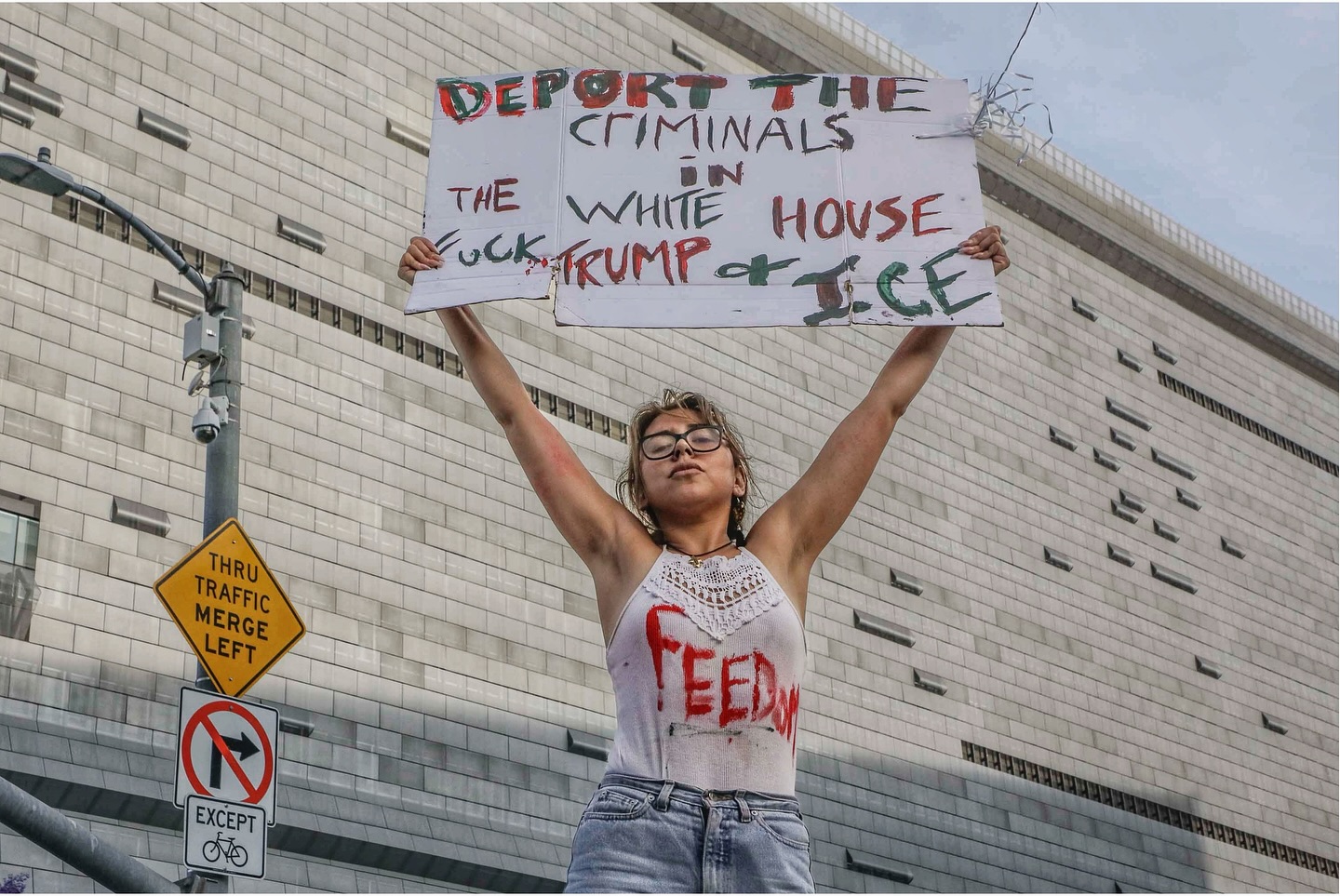As immigration enforcement intensifies in political headlines, a simple truth gets buried beneath the noise. Many of the problems noncitizens face in the United States do not arise from new crackdowns or sudden policy shifts. They start with not understanding the rules that already exist. It is not politics that determines whether a foreign national can stay, but whether they know their status and the exact conditions of their lawful presence.

A key misunderstanding lies in the difference between a visa and status—words that sound interchangeable but differ entirely under the law. A visa only grants permission to seek entry into the United States, issued by a U.S. consulate abroad. It is little more than a key.
Status, however, is the legal authority to remain in the country, granted upon entry by U.S. Customs and Border Protection (CBP). It is the house you actually live in. Without that house, the key means nothing.
Confusion over this distinction leads to predictable crises. Some believe they must leave the country the moment their visa expires. Others assume they are safe because the visa sticker in their passport has time left, even though their legal status has already ended. Under the law, the opposite is true: if status is valid, lawful stay continues even with an expired visa. But if status expires, lawful stay ends—no matter what the visa says.
For example, F-1 student status remains valid until the program end date printed on Form I-20, followed by a 60-day grace period. Once that runs out, the individual is out of status. That is why expiration dates on the I-94, I-20, or DS-2019 should always be monitored more closely than the visa itself.
If someone’s purpose changes after entry, a Change of Status approval is required. A traveler on a B-2 tourist visa cannot begin studying until an F-1 change is officially approved. Doing so early may trigger a status violation. The U.S. Citizenship and Immigration Services (USCIS) policy manual explicitly warns against beginning new activities before authorization.
The request must be filed before the I-94 expiration, and the new status takes effect only upon approval. Exceptions exist but remain limited and tightly controlled.
A more significant shift, from temporary status to lawful permanent residency, is called Adjustment of Status (AOS) and is processed through Form I-485. Maintaining lawful status is usually required, and violations may block this path under INA §245(c), except in limited cases such as immediate relatives of U.S. citizens. AOS changes not just the timeline but the very nature of one’s residency.
None of this is arbitrary. None of this is new. The root cause of most immigration problems is not in Washington but in our own blind spots. The loud hashtags and headlines may point a finger at politics, but the law has long been written—and enforced.
The most important safeguard for anyone living in the United States without citizenship or permanent residency is knowledge. Know your status. Know your documents. Know your deadlines. Because lawful stay does not depend on how loudly one complains about immigration policy. It depends on whether one is prepared.
Security begins with understanding. And ignorance has always been the biggest risk.
BY YOONJAE JUNG [jung.yoonjae@koreadaily.com]

![“LA’s homelessness policy is broken” Katy Yaroslavsky, a Los Angeles City Council member (center), speaks about addressing homelessness and strengthening public safety at a press conference on January 29. [Kyeongjun Kim, The Korea Daily]](https://www.koreadailyus.com/wp-content/uploads/2026/01/0130-Yaroslavsky-100x70.jpg)

![Los Angeles unveils time capsule buried 100 years ago Materials from the time capsule are now on display in the lobby of the Los Angeles Central Library. [Sangjin Kim, The Korea Daily]](https://www.koreadailyus.com/wp-content/uploads/2026/01/0130-timecapsule-1-100x70.jpg)